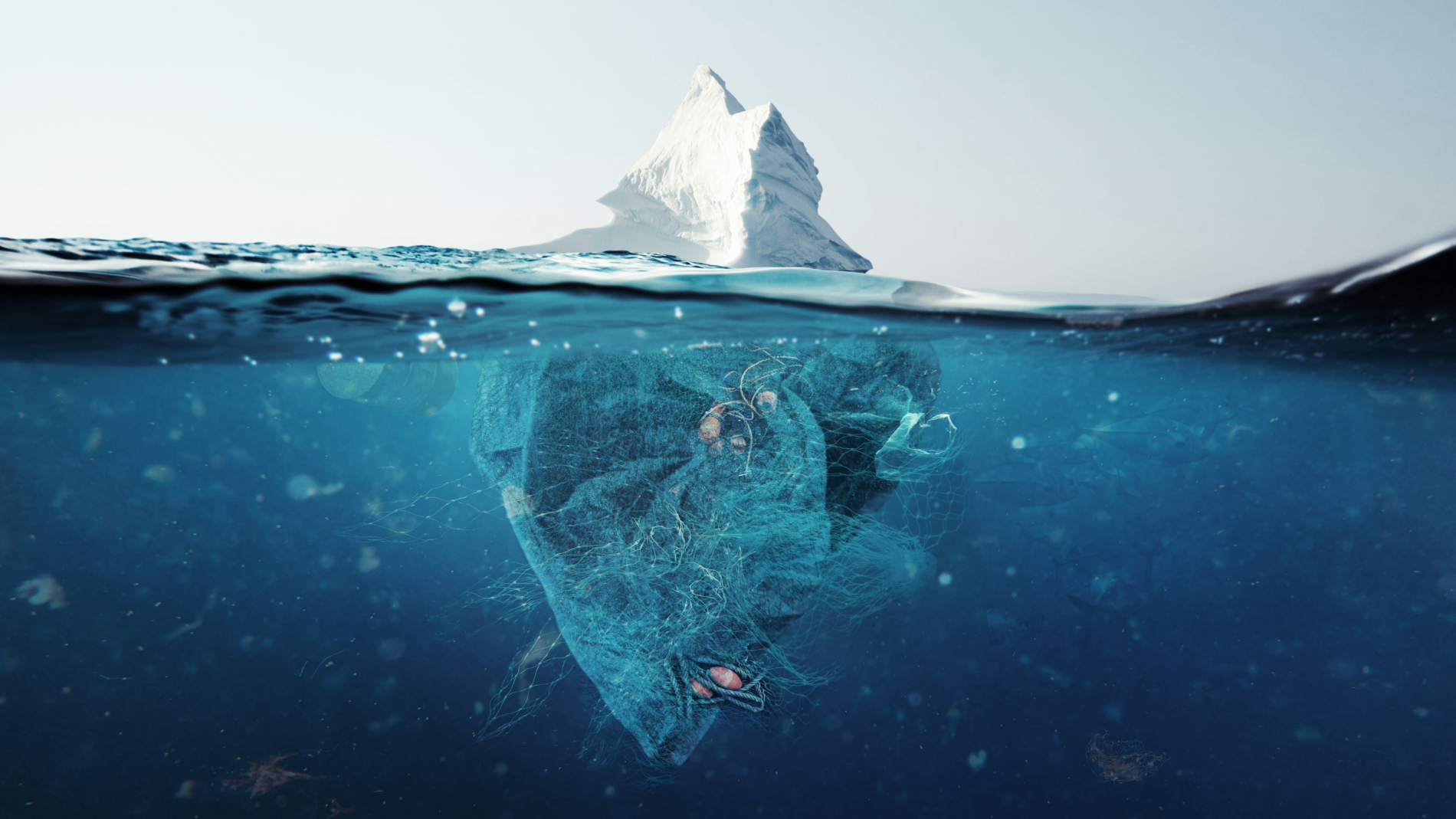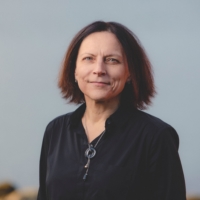The Centre for the Ocean and the Arctic is the project leader of GOMPLAR, which is funded by the Polar Program at the Research Council of Norway. The project team comes from UiT the Arctic University of Norway, NORCE Norwegian Research Center, Akvaplan-niva and SINTEF Ocean, Korea Maritime Institute in Busan, and Shanghai Ocean University in China.
GOMPLAR has five work packages: 1) Northeast Atlantic; 2) Northwest Pacific, 3) The circumpolar context, 4) Orchestration, 5) Circular economy. The packages provide relevant knowledge for Arctic governance, the basis being comparing governance mechanisms to curb marine pollution in the Northeast Atlantic and the Northwest Pacific. The receivers of our project knowledge include to Norwegian authorities, the Arctic Council and other entities working to stop plastic pollution in the Arctic.
Legal and political elements of international conventions and agreements relating to these two regions can inform processes to stop plastic pollution in the Arctic. While a large share of marine plastic pollution in the Arctic come with ocean currents and rivers from other parts of the world, it is undeniable that the Arctic region’s own fishing and aquaculture industries contaminate through loss of gear and other waste discharge.
With little time to reach the UN SDG target 14.1 "By 2025, prevent and significantly reduce marine pollution of all kinds, in particular from land-based activities, including marine debris and nutrient pollution", emphasis on effective and coordinated governance schemes is crucial. We need to reverse the inadequacy of the regulatory frameworks, by enhancing concerted international efforts to achieve harmonization. By comparing mechanism in the Northeast Atlantic and Northwest Pacific we can analyze which measures can be successfully implemented following the guidelines in the Arctic Council Regional Action Plan.
Norway has the Arctic Council chairmanship 2023-2025. This provides us with excellent opportunities to contribute with GOMPLAR project's results as they are produced.


